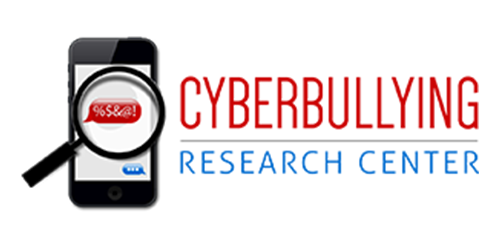Resources
So you have an answer to this year’s question, but need a bit more to get started?
Below are some great resources that may help turn your great idea into a great video. But don’t be limited to these. Ask your teachers, parents, friends for other ideas, too!
Music and Images
Perhaps you’d like to support your story with some background music or images to capture what you’re trying to say. Below are some good sites that might be helpful:
- Bensound – popular royalty-free music site
- FreeSoundtrackMusic – most are free, but some are not
- Musopen – music whose copyright has expried. So mostly the music of classical composers.
- Unsplash – photos, mostly taken outdoors
- Realistic Shots – more photos, of many things
Using your own original music? Make sure you protect it with these great tips:
Interesting Numbers
There are more than 3 billion Internet users worldwide. There are also more than 6 billion mobile phones and of these; over 1 billion are smartphones. 20-25% of teens have been bullied online and 75-80% haven’t. If you’re looking for numbers, here are some sites with cool stats about who’s doing what online:
- Internet Live Stats
- Internet World Stats
- Pew Internet & American Life Project
- Mediasmarts – Canada’s Centre for Digital and Media Literacy
- Centre on media and child health
- Statistics and tips from the Cyberbullying Research Center
Resources for Media Literacy
There’s a lot of information online, but sometimes it’s hard to tell what is fact, what is a reliable, and what is not. Media literacy is a skill that helps us learn how to look at information analyze what we find online and look at it with a critical lens. Here are some tips about being media literate.
- Media Literacy 101 – an overview from MediaSmarts
- Media Literacy Fundamentals – a great resource for educators from MediaSmarts
- Resources for Students, Teachers, & Parents – a rich list of resources to explain and teach media literacy from Media Literacy Now
- Building Healthy Relationships with Media – a great guide from the National Association for Media Literacy Education and Trend Micro with examples of how to deal with fake news, deceptive ads, hoaxes, etc.
- News Literacy Project – lots of great resources from an organization focused on helping students become critical consumers of the news.
Online Privacy and Security
- Insight and advice on online privacy, security, as well as online safety, digital citizenship and digital literacy from Trend Micro
- Can you trust that link? (about copyright and trustworthy content)
- StaySafeOnline – great resources from the National Cyber Security Alliance
Social Networks
Here are some great links on how to use social networks in a safe and responsible way:
- Instagram Safety tips
- Snapchat Safety tips
- WhatsApp Safety tips
- Tips from Facebook
- Tips from Twitter
- Tips from Yahoo! Safely
- Social Web Tips for Teens, from ConnectSafely
- Protecting your online identity, from the Identity Theft Resource Center
- Security and Social Networks, from Trend Micro
Mobile Phones
Here are some great tips on smart mobile phone use:
- Wireless online Safety Tips, from the CTIA/Wireless Foundation
- Be a smart Wireless Citizen, from the CTIA/Wireless Foundation
- Cellphone Safety Tips from ConnectSafely
- Top 10 Cell phone tips for teens, from the Cyberbullying Research Center
- Sharing Wisely with Cell phones, from Trend Micro
Being Good to Others
Online or off, we need to remember that we are part of a larger world, a global society. It’s important that we respect others (Bullying’s not cool), their stuff (don’t pirate or steal) and their privacy (ask before you post that pic!).
- iCanHelp – delete negativity on social media
- Cyberbullying Research Center – Resources for Teens
- Tips to help stop Cyberbullying, from ConnectSafely
- Stop Cyberbullying from Safeteens.com
- Advice for parents on Cyberbullying from Commen Sense Media
- Stopbullying.gov




